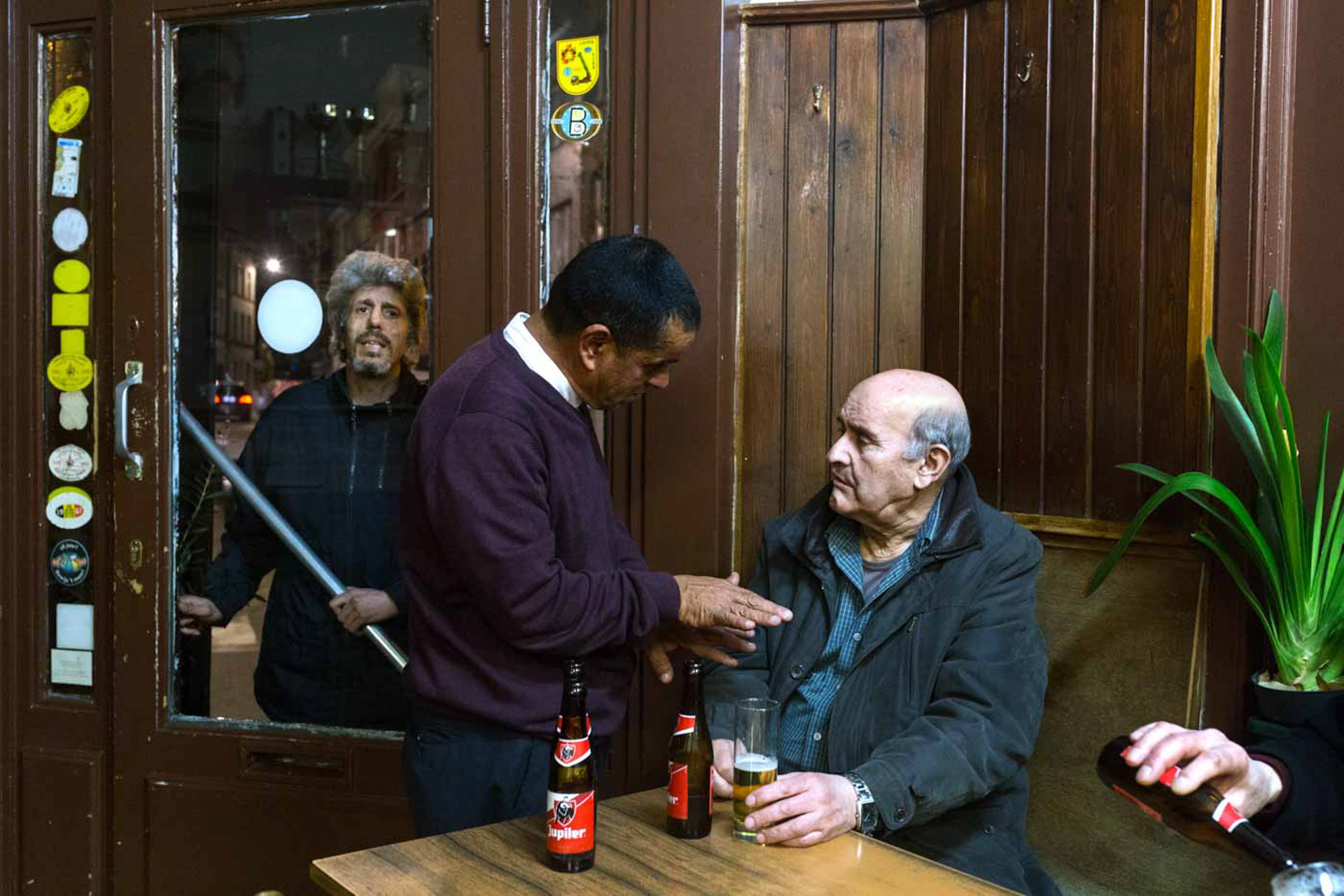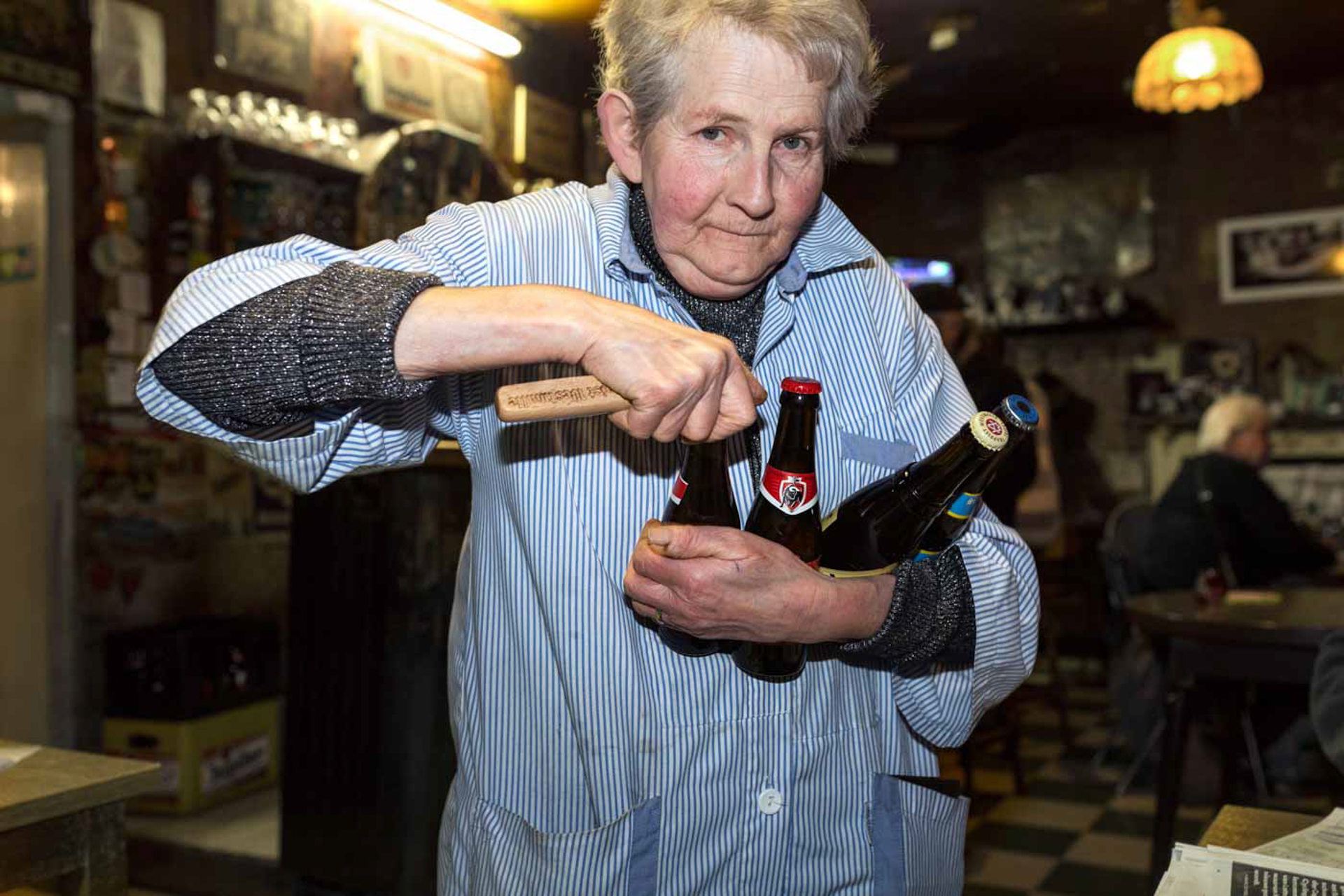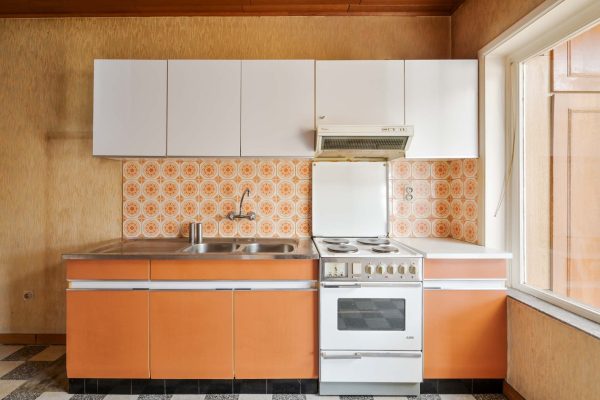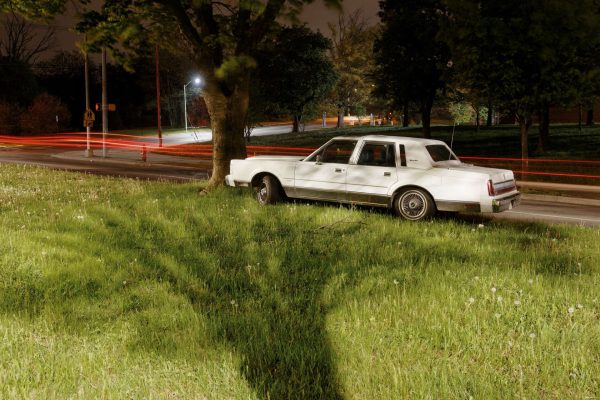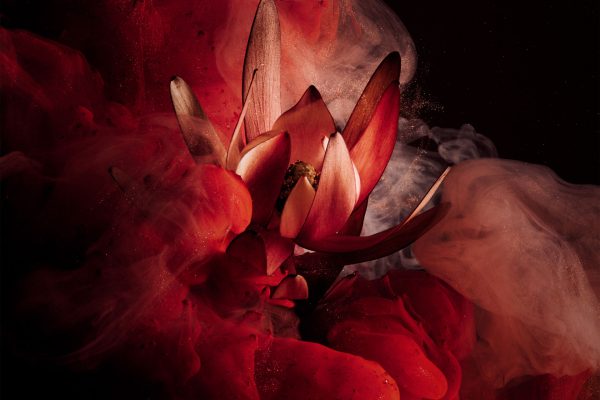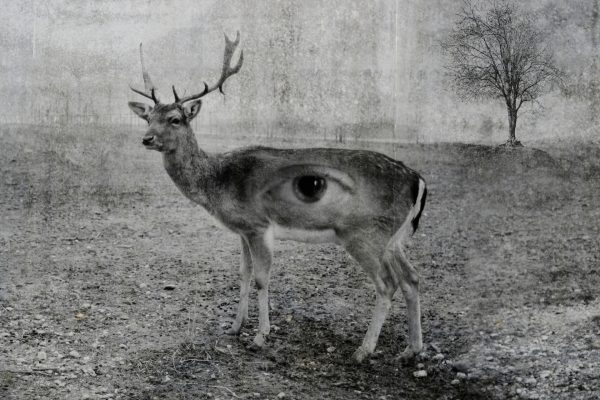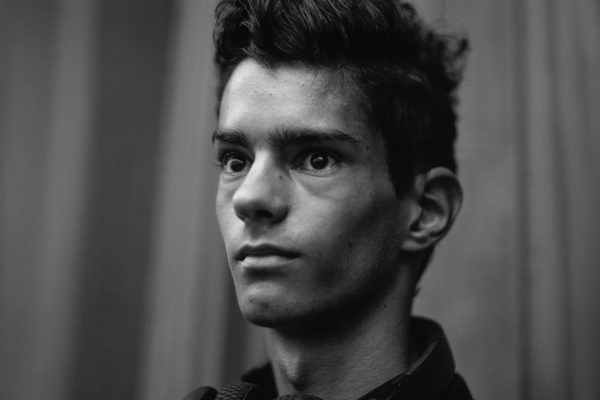Photographer Jef Van den Bossche’s images capture the dying of the light for Belgium’s volkscafés, or people’s pubs, in the face of globalisation and cultural shifts.
Jef Van den Bossche
Jef Van den Bossche (1993) is a Belgian documentary photographer whose recent projects include documenting communal spaces emptied by the pandemic, and capturing Belgium’s vanishing café culture over a 2 year period.







